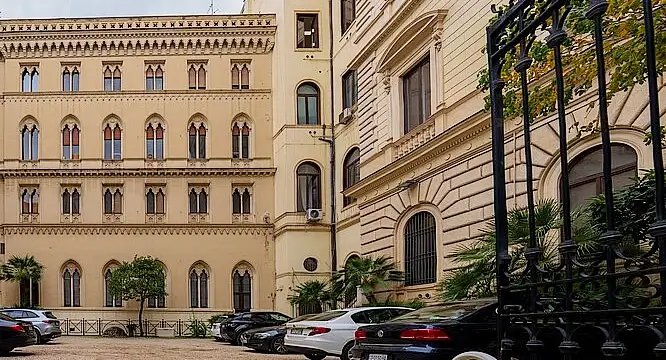The Cabinet Office has announced new legislation to formalize the appointment of the Lord High Commissioner to the General Assembly of the Church of Scotland, a ceremonial role representing the monarch. This move, announced on February 13, 2025, aims to preserve historical ties between the state and the Church.
Historical Context and Significance
The role of the Lord High Commissioner dates back to the 16th century, serving as a symbolic link between the monarchy and the Church of Scotland. Despite political changes such as the Union of the Crowns in 1603 and the Act of Union in 1707, this position has remained a testament to royal commitment to preserving Scottish religious traditions.
Annually appointed by the monarch, the Lord High Commissioner resides at Holyroodhouse during their tenure at the General Assembly. The role is primarily ceremonial, involving attendance at sessions and delivering opening and closing addresses without participating in debates.
Cultural Impact
This legislative update underscores a dedication to maintaining cultural heritage within Scotland. By ensuring continuity in this historical role, it highlights an ongoing relationship between state governance and religious institutions. This connection may also enhance cultural tourism by attracting visitors interested in Scotland’s rich history.
Opportunities for Engagement
For professionals involved in public service or cultural heritage sectors, this announcement could present opportunities for engagement with ceremonial events linked to this tradition. While direct career implications are limited, involvement could enrich understanding of Scotland’s historical governance structures.
Educational Implications
The formalization of this role might inspire educational initiatives exploring state-church relations throughout history. Such programs could enhance curricula in history or religious studies by providing insights into how traditional roles influence modern governance practices.
Additional Reading
A Final Reflection
This legislative move ensures that historical traditions continue to play a significant role in modern governance. By preserving these ties between church and state, it reflects an enduring respect for cultural heritage while potentially fostering increased interest in Scotland’s rich historical landscape.
Sources: Cabinet Office, Church of Scotland – Lord High Commissioner Information, and Wikipedia – Lord High Commissioner.









